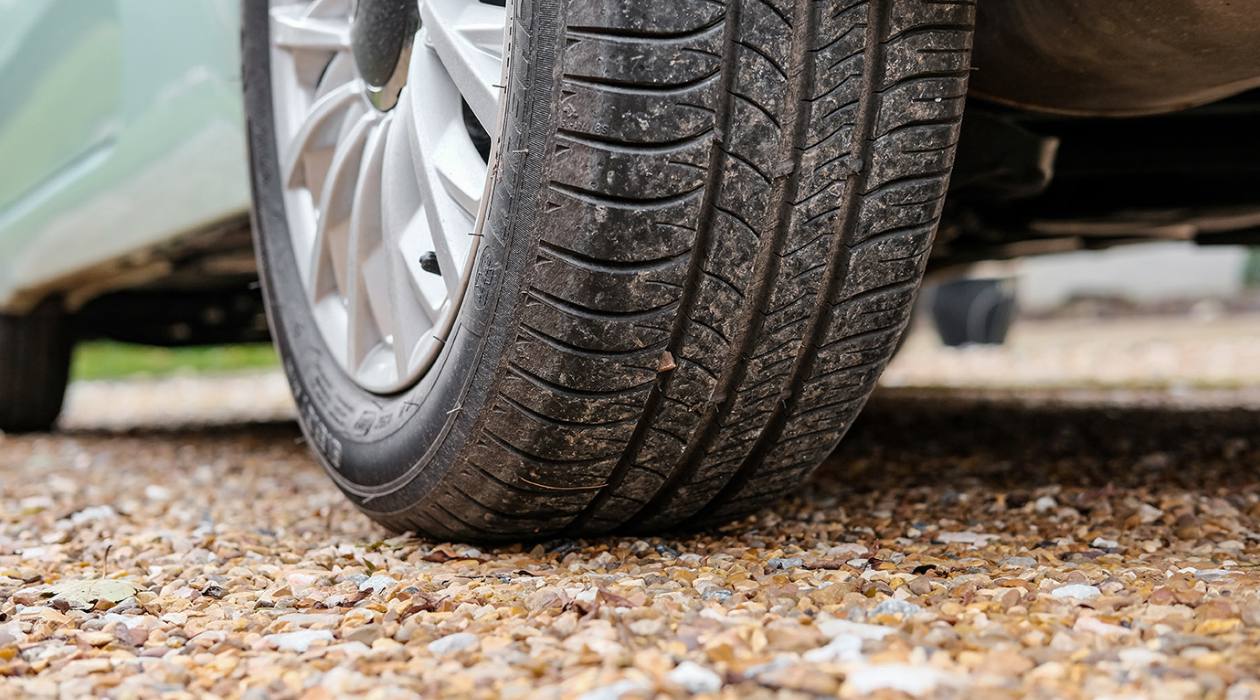

Articles
What Is The Best Driveway Material
Modified: November 1, 2024
Looking to learn more about the best driveway materials? Check out our informative articles for expert advice on choosing the right material for your driveway.
(Many of the links in this article redirect to a specific reviewed product. Your purchase of these products through affiliate links helps to generate commission for Storables.com, at no extra cost. Learn more)
Introduction
When it comes to choosing the best material for your driveway, there are a variety of options available. Each material offers its own unique advantages and disadvantages, and understanding the differences between them can help you make an informed decision.
Your driveway not only serves as a functional space for parking your vehicles but also plays a significant role in the overall aesthetics of your property. Picking the right material can enhance the curb appeal of your home while providing durability and functionality.
In this article, we will explore some of the most popular driveway materials along with their pros and cons. By the end, you will have a better understanding of the different options available, making it easier for you to choose the best driveway material that suits your needs and preferences.
Key Takeaways:
- Choose concrete for durability and low maintenance, asphalt for cost-effectiveness, or pavers for customizable elegance. Consider aesthetics, maintenance, and climate to select the best driveway material for your home.
- Regular maintenance is key to preserving the longevity and performance of your chosen driveway material. Proper care, cleaning, and repairs can enhance curb appeal, functionality, and value for years to come.
Read more: What Is The Best Driveway Alarm
Concrete
Concrete is a versatile and widely used material for driveways. It is known for its durability, longevity, and low maintenance requirements. Concrete driveways offer a sleek and modern appearance, making them a popular choice for many homeowners.
Pros:
- Strength and Durability: Concrete driveways are built to last. They can withstand heavy loads and are resistant to cracks and damage caused by weather conditions.
- Low Maintenance: Once installed, concrete driveways require minimal maintenance. Regular cleaning and sealing can help prolong their lifespan.
- Customization Options: Concrete can be colored, stamped, or textured to create various designs and patterns, allowing homeowners to personalize their driveways.
- Affordability: Concrete driveways are generally more affordable compared to other materials like pavers or cobblestones.
Cons:
- Prone to Cracking: While concrete is durable, it is not completely immune to cracking. Extreme temperature changes or shifting soil can cause cracks to form.
- Not Easily Repaired: If a concrete driveway does develop cracks, repairing them can be a challenging and costly process.
- Heat Retention: In hot climates, concrete driveways can absorb and retain heat, making them uncomfortable to walk on barefoot.
- Curing Time: Concrete driveways require time to cure and harden before they can be used. This can take several days, limiting access to your driveway.
Despite some limitations, concrete driveways remain a popular choice for their durability and versatility. With proper care and maintenance, a concrete driveway can enhance the overall value and appearance of your property for years to come.
Asphalt
Asphalt is another commonly used material for driveways. It is made from a mixture of aggregate stones and asphalt binder, creating a smooth and durable surface.
Pros:
- Cost-effective: Asphalt driveways are generally more affordable compared to concrete or paver driveways.
- Quick Installation: Asphalt driveways can be installed relatively quickly, reducing disruption to your daily routine.
- Flexibility: Asphalt has the ability to flex and adapt to changes in the ground, which helps prevent cracking and damage.
- Easy Maintenance: Regular sealing and occasional repairs can help prolong the lifespan of an asphalt driveway. Small cracks or potholes can be easily patched.
Cons:
- Durability: While asphalt is durable, it may not be as long-lasting as concrete. Heavy vehicles or extreme weather conditions can cause deterioration over time.
- Heat Retention: Like concrete, asphalt can retain heat, making it hot to the touch in summer months.
- Staining: Asphalt driveways are prone to staining from oil leaks or other chemicals, which may require additional maintenance to keep them looking clean.
- Limited Design Options: Unlike concrete, asphalt does not offer many customization options in terms of color or texture.
Asphalt driveways are a popular choice for their affordability and ease of installation. They provide a smooth and functional surface, making them suitable for both residential and commercial properties. Regular maintenance and repairs can help ensure the longevity and appearance of your asphalt driveway.
Gravel
Gravel driveways offer a natural and rustic charm to any property. They are composed of loose gravel and require minimal construction or installation.
Pros:
- Affordability: Gravel driveways are one of the most cost-effective options available. They require fewer materials and labor compared to concrete or asphalt.
- Easy Installation: Gravel driveways can be installed quickly and without the need for heavy machinery. They can be laid on existing surfaces or prepared with a compacted base.
- Drainage: Gravel allows for excellent water drainage, reducing the risk of standing water and potential damage.
- Low Maintenance: Gravel driveways require minimal maintenance. Occasional grading and refilling may be needed to even out the surface.
Cons:
- Stability: Gravel driveways may be prone to shifting, especially in areas with heavy rainfall or excessive use. The loose nature of the gravel can lead to ruts or uneven surfaces.
- Dust and Dirt: Gravel driveways can generate dust and dirt, especially in dry weather conditions. This may require regular maintenance to keep the driveway clean.
- Not Suitable for All Vehicles: Gravel driveways may not be ideal for vehicles with low ground clearance or those that require a smooth surface for optimal performance.
- Limited Aesthetic Appeal: While gravel driveways offer a natural look, they may not provide the same visual appeal as concrete or paver driveways.
Gravel driveways are a popular choice for rural or country-style properties. They offer a budget-friendly and low-maintenance solution for homeowners who prefer a more rustic aesthetic. With proper care and regular maintenance, a gravel driveway can provide functionality and a unique charm to your property.
Pavers
Pavers are interlocking units made from various materials such as concrete, brick, or natural stone. They are a popular choice for driveways due to their versatility and aesthetic appeal.
Pros:
- Aesthetically Pleasing: Pavers come in a wide range of colors, shapes, and patterns, allowing for customization and creating a visually stunning driveway.
- Durability: Pavers are known for their strength and durability. They can withstand heavy loads and are resistant to cracking.
- Easy Repairs: In the event that a paver becomes damaged or stained, it can be easily replaced without having to redo the entire driveway.
- Flexibility: Pavers have the advantage of flexibility, allowing them to adapt to changes in the ground without cracking or shifting.
Cons:
- Higher Cost: Pavers are generally more expensive compared to concrete or asphalt driveways. The cost can vary depending on the material used and the complexity of the design.
- Maintenance: Regular maintenance is required to keep pavers in good condition. This includes cleaning, resealing, and occasional sand replacement to prevent shifting.
- Installation Time: The installation of pavers can take longer compared to other materials. Proper groundwork, leveling, and interlocking require skilled labor and attention to detail.
- Weed Growth: Weeds or grass can grow between the paver joints if not properly maintained. Regular weeding may be needed to keep the driveway looking pristine.
Pavers offer a versatile and elegant option for homeowners looking to create a beautiful and long-lasting driveway. With their wide range of design options and durability, pavers can enhance the curb appeal and value of any property. Though they may require a higher upfront investment and regular maintenance, for many homeowners, the visual impact and longevity outweigh the additional cost.
Consider the climate and maintenance requirements when choosing a driveway material. Concrete is durable but can crack in cold climates, while gravel is low maintenance but may require frequent regrading. Asphalt is a popular choice for its durability and cost-effectiveness.
Read more: What Is The Best Driveway Paint
Cobblestone
Cobblestone driveways are known for their timeless elegance and classic charm. They are made from small, irregularly shaped stones that are laid in a pattern, creating a unique and beautiful surface.
Pros:
- Visual Appeal: Cobblestone driveways offer a unique and aesthetically pleasing look that can enhance the overall curb appeal of your property.
- Durability: Cobblestones are known for their durability and can withstand heavy traffic and weather conditions. They can last for decades with proper maintenance.
- Customization: With cobblestones, you have the freedom to create intricate patterns and designs to fit your personal style and preference.
- Low Maintenance: Cobblestone driveways require minimal maintenance. Regular sweeping and occasional re-leveling can keep them looking their best.
Cons:
- Uneven Surface: The irregular sizes and shapes of cobblestones can create an uneven surface, making it less suitable for high heels or smooth tire traction.
- Higher Cost: Cobblestones are typically more expensive than other driveway materials due to their labor-intensive installation process and the cost of the cobblestone itself.
- Weed Growth: The gaps between cobblestones can allow weed or grass growth. Regular weeding and filling with sand may be required to maintain the appearance of the driveway.
- Maintenance Challenges: Repairing or replacing individual cobblestones can be difficult and time-consuming due to their interlocking nature.
Cobblestone driveways exude charm and sophistication, making them a popular choice for homeowners who want to create a unique and distinguished look. While they may require a higher initial investment and occasional maintenance, a well-maintained cobblestone driveway can add timeless beauty and value to your home for years to come.
Brick
Brick driveways are known for their classic and elegant appearance. They offer a timeless charm that adds a touch of sophistication to any property.
Pros:
- Visual Appeal: Brick driveways provide a beautiful and distinctive look that can enhance the overall aesthetics of your home. They are available in various colors and patterns, allowing for customization.
- Durability: Bricks are durable and can withstand harsh weather conditions and heavy loads. They are resistant to cracking and can maintain their shape and integrity over time.
- Permeability: Brick driveways are permeable, allowing water to filter through the joints and into the ground. This helps reduce runoff and water pooling.
- Low Maintenance: Brick driveways require minimal maintenance. Regular sweeping and occasional resealing can keep them looking clean and well-maintained.
Cons:
- Higher Cost: Brick driveways tend to be more expensive compared to other materials like concrete or asphalt due to the cost of the bricks and the labor-intensive installation process.
- Uneven Surface: The individual bricks may settle unevenly over time, creating an uneven surface that can be challenging to navigate for high heels or smooth tire traction.
- Weed Growth: The joints between the bricks may allow weeds or grass to grow. Regular weeding and filling with sand can help prevent weed growth and maintain the appearance of the driveway.
- Time-Consuming Installation: Installing a brick driveway requires skilled labor and meticulous attention to detail. It can be a time-consuming process, especially for larger driveways.
Brick driveways offer a classic and sophisticated option for homeowners who appreciate timeless beauty. While they may require a higher upfront investment and occasional maintenance, a well-maintained brick driveway can add charm and value to your home for years to come.
Wood
Wooden driveways offer a unique and natural look to your property. They have a rustic charm that can complement various architectural styles and create a warm and inviting atmosphere.
Pros:
- Natural Aesthetic: Wood driveways provide a natural and rustic appearance that can blend seamlessly with the surrounding environment.
- Easy on the Feet: Wood absorbs and retains less heat than materials like concrete or asphalt, making it more comfortable to walk on barefoot.
- Customizable: Wood can be stained or painted in different colors, allowing for customization and creating a personalized look.
- Environmentally Friendly: Wood is a renewable resource, making it an environmentally friendly choice compared to other materials.
Cons:
- Maintenance: Wood driveways require regular maintenance to prevent rot, warping, and decay. This includes sealing, staining, and occasional repairs.
- Prone to Damage: Wood is susceptible to damage from moisture, UV rays, and pests. It may require more frequent repairs or replacements compared to other materials.
- Limited Lifespan: Wooden driveways generally have a shorter lifespan compared to materials like concrete or brick. Proper maintenance and care can help extend its longevity.
- Higher Cost: Wood driveways can be more expensive in the long run due to the maintenance and repair costs associated with wood’s vulnerability to wear and tear.
Wooden driveways can add a unique and natural touch to your property, creating a warm and inviting atmosphere. However, they require regular maintenance and may have a shorter lifespan compared to other materials. If you appreciate the natural beauty and are willing to invest time and effort into maintenance, a well-maintained wooden driveway can offer a charming and distinctive feature to your home.
Crushed Stone
Crushed stone driveways are a practical and affordable option for homeowners looking for a durable and low-maintenance surface. They consist of small, crushed stones compacted together to create a solid and stable driveway.
Pros:
- Affordability: Crushed stone driveways are one of the most cost-effective options available. The availability of different types of crushed stone allows for flexibility within budget constraints.
- Drainage: Crushed stone allows for excellent water drainage, minimizing the risk of standing water and potential damage caused by pooling.
- Low Maintenance: Crushed stone driveways require minimal maintenance. Periodic raking and replenishing can help maintain a level and even surface.
- Versatility: Crushed stone driveways come in different sizes, shapes, and colors, allowing for customization and the creation of various aesthetic designs.
Cons:
- Stability: Depending on the quality of the sub-base, crushed stone driveways may not be as stable as other materials. They may require more frequent maintenance and leveling.
- Accessibility: Crushed stone driveways may not be as accessible for those with mobility challenges or those using strollers or wheelchairs due to the uneven surface.
- Dust and Tracking: In dry weather conditions, crushed stone driveways can generate dust and small stone particles, which may require occasional cleanup.
- Limited Aesthetics: While there are options for customization, crushed stone driveways may not offer the same visual appeal as materials like pavers or concrete.
Crushed stone driveways offer a practical and cost-effective solution for homeowners seeking a low-maintenance and durable driveway surface. While they may not provide the same level of aesthetic appeal as other materials, a well-maintained crushed stone driveway can serve as a functional and reliable addition to your property.
Read more: What Are The Best Roof Shingles
Conclusion
Choosing the best material for your driveway is an important decision as it not only affects the functionality and durability but also contributes to the overall aesthetics of your property. Each driveway material has its own advantages and considerations, making it crucial to weigh your priorities and requirements before making a final decision.
If you value durability and low maintenance, materials like concrete and asphalt are excellent choices. Concrete driveways offer strength and longevity, while asphalt driveways provide a cost-effective and quick installation option. These materials are widely used and can withstand heavy loads and harsh weather conditions.
For a more natural and rustic look, gravel or crushed stone driveways are affordable options. They offer good drainage and require minimal maintenance. However, they may not provide the same level of stability or visual appeal as other materials.
If aesthetics are a top priority, materials like pavers, cobblestone, brick, or wood offer unique and visually appealing options. Pavers allow for customization and come in various colors and patterns, while cobblestone and brick driveways exude a classic and elegant charm. Wood driveways provide a natural and warm look, but require regular maintenance to ensure longevity.
Ultimately, the best driveway material for you depends on a combination of factors including your budget, desired aesthetics, maintenance requirements, and the climate in your area. It’s important to consider these factors and choose a material that aligns with your needs and preferences.
Remember, proper installation and regular maintenance are crucial for any driveway material to ensure its longevity and performance. Regular cleaning, sealing, and repairs when necessary can help extend the lifespan of your driveway and keep it looking its best.
With careful consideration and proper care, you can select the best driveway material that enhances the curb appeal, functionality, and value of your home for years to come.
Frequently Asked Questions about What Is The Best Driveway Material
Was this page helpful?
At Storables.com, we guarantee accurate and reliable information. Our content, validated by Expert Board Contributors, is crafted following stringent Editorial Policies. We're committed to providing you with well-researched, expert-backed insights for all your informational needs.
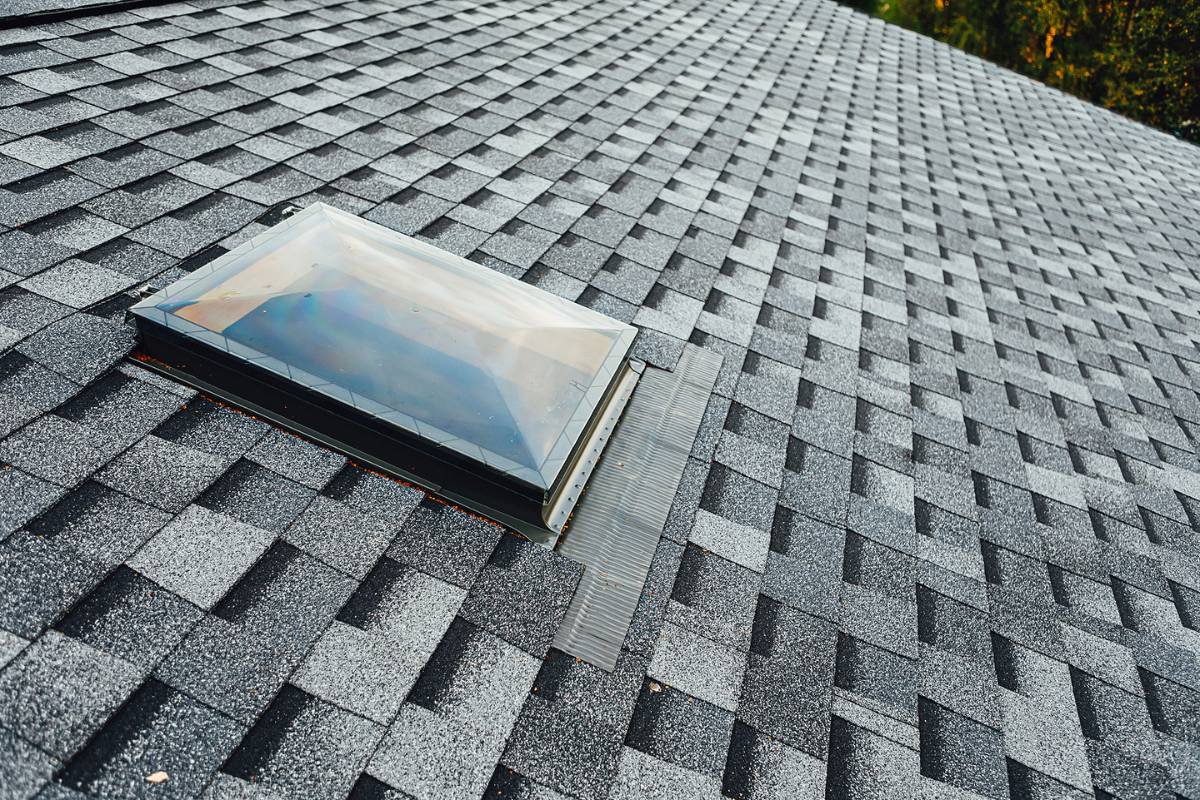
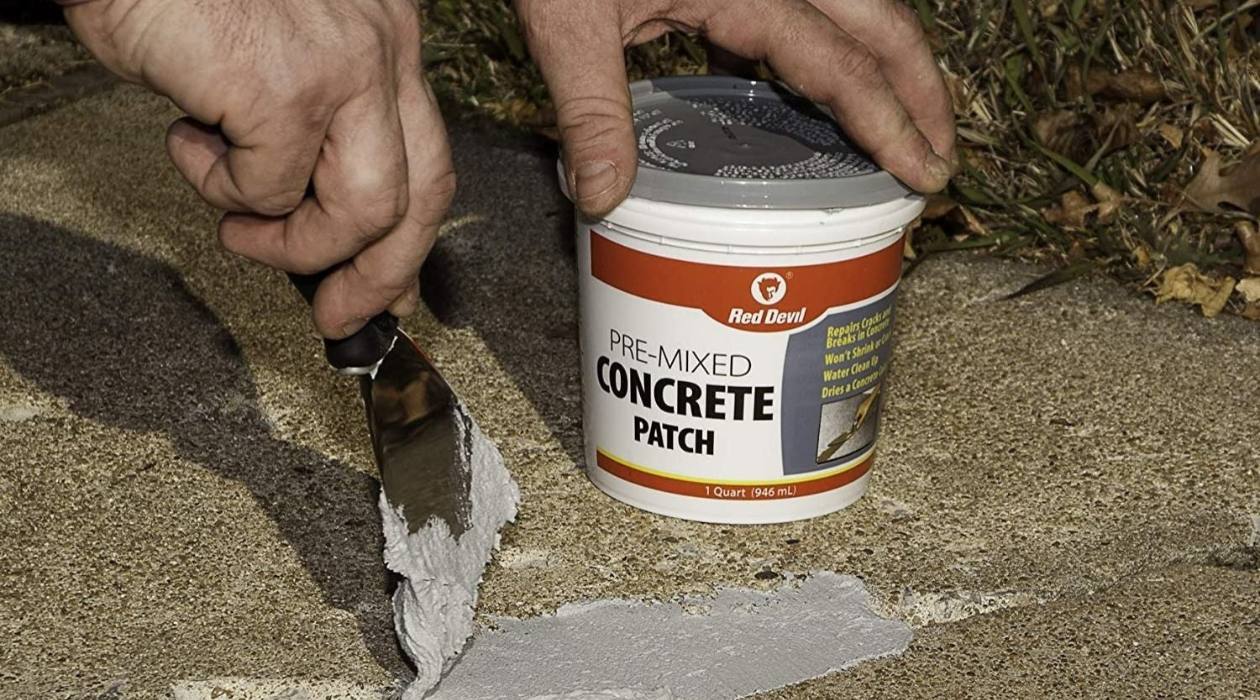
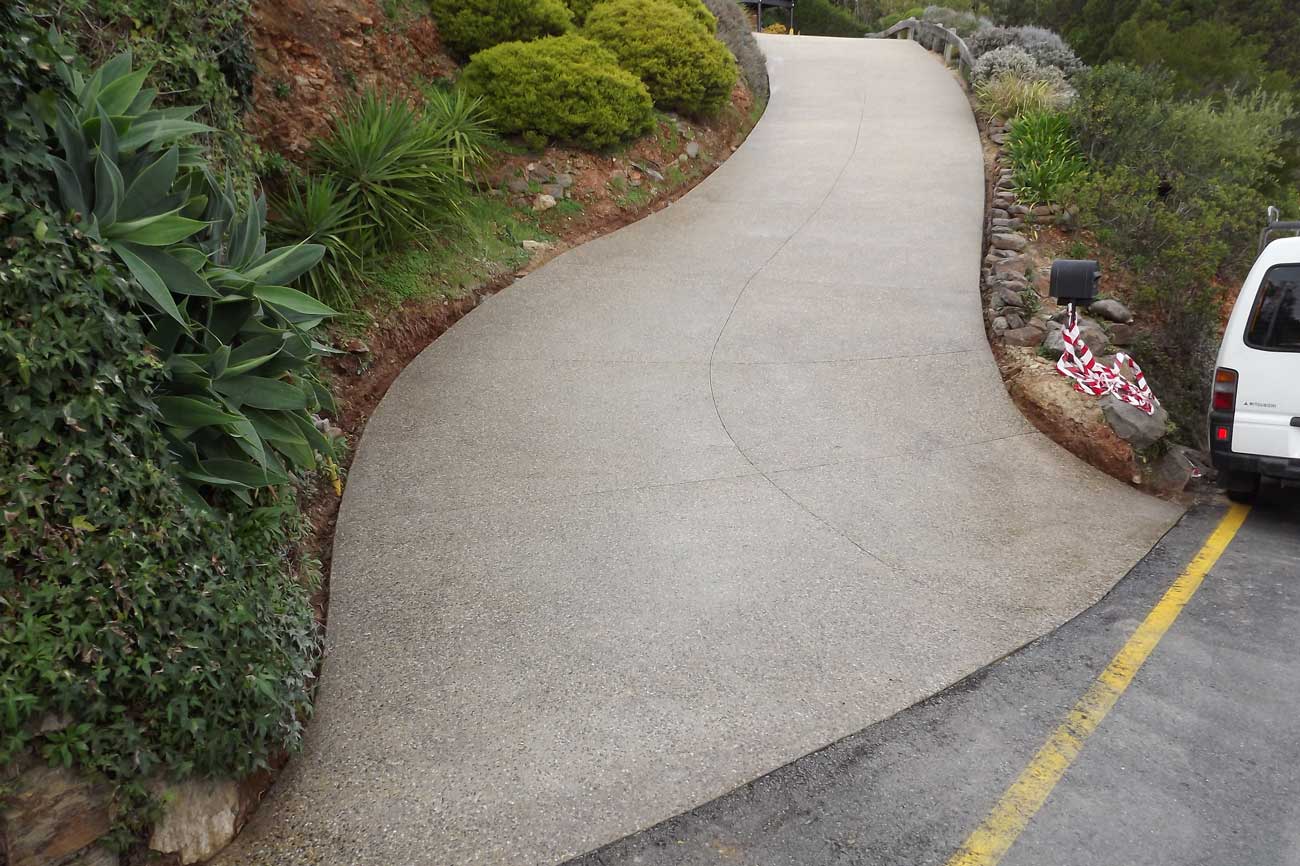

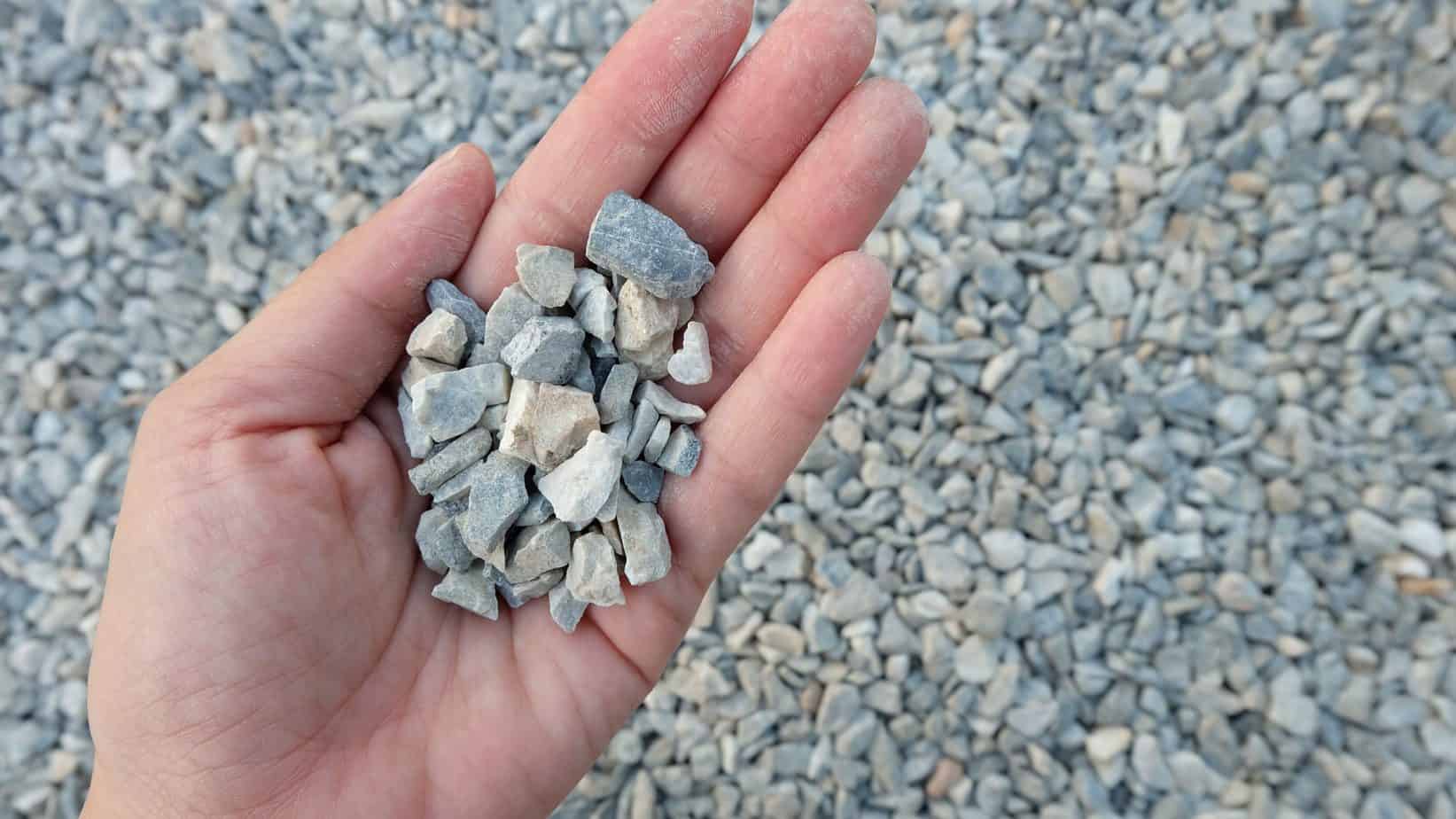
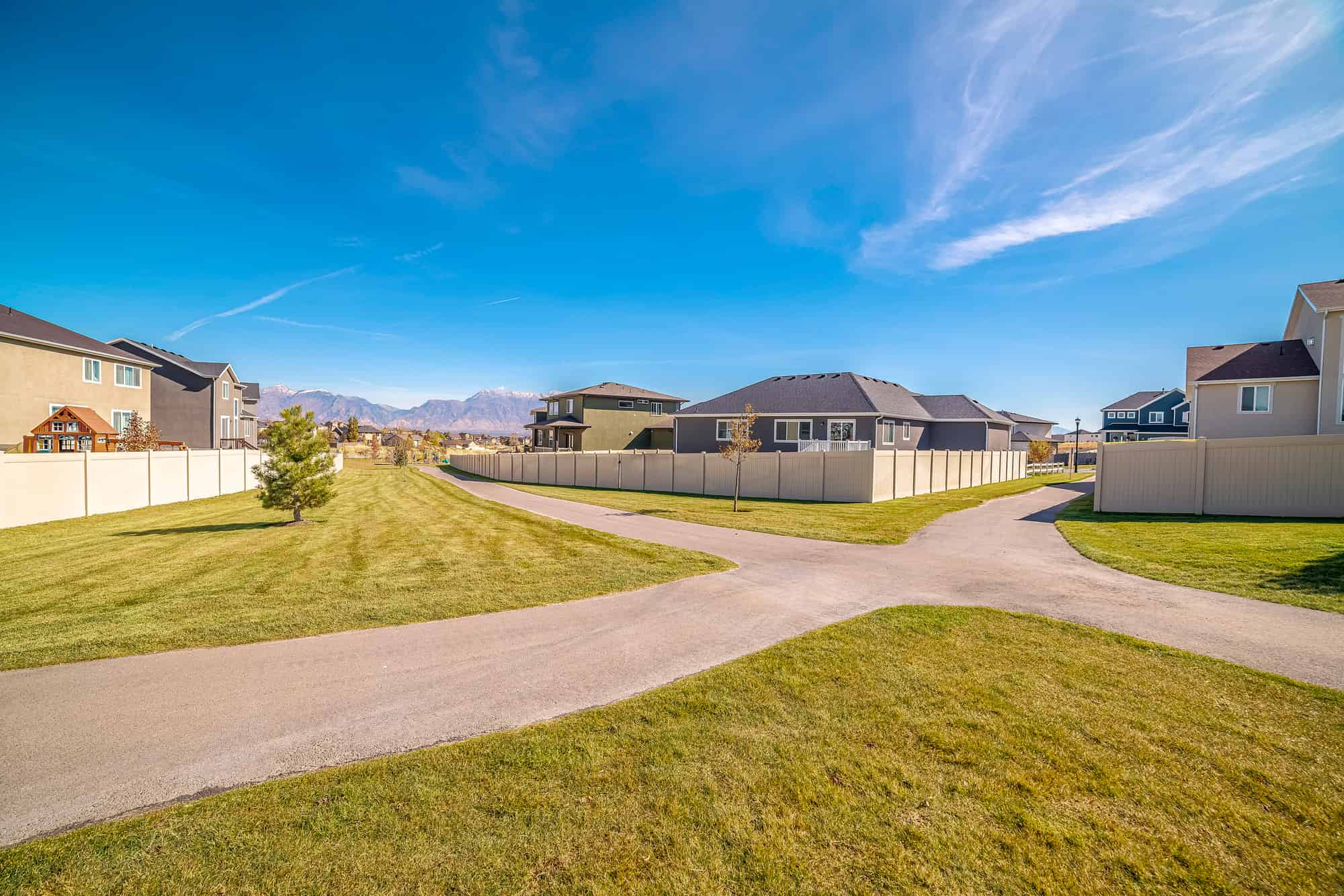
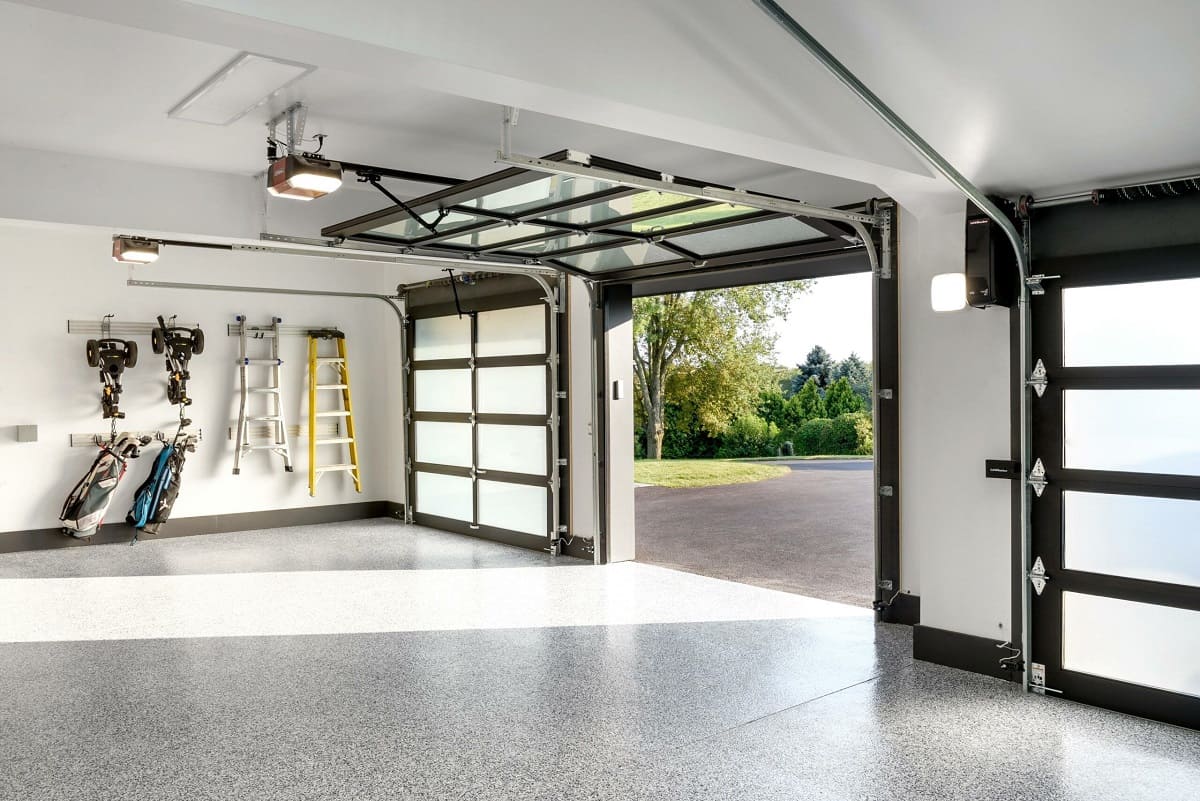
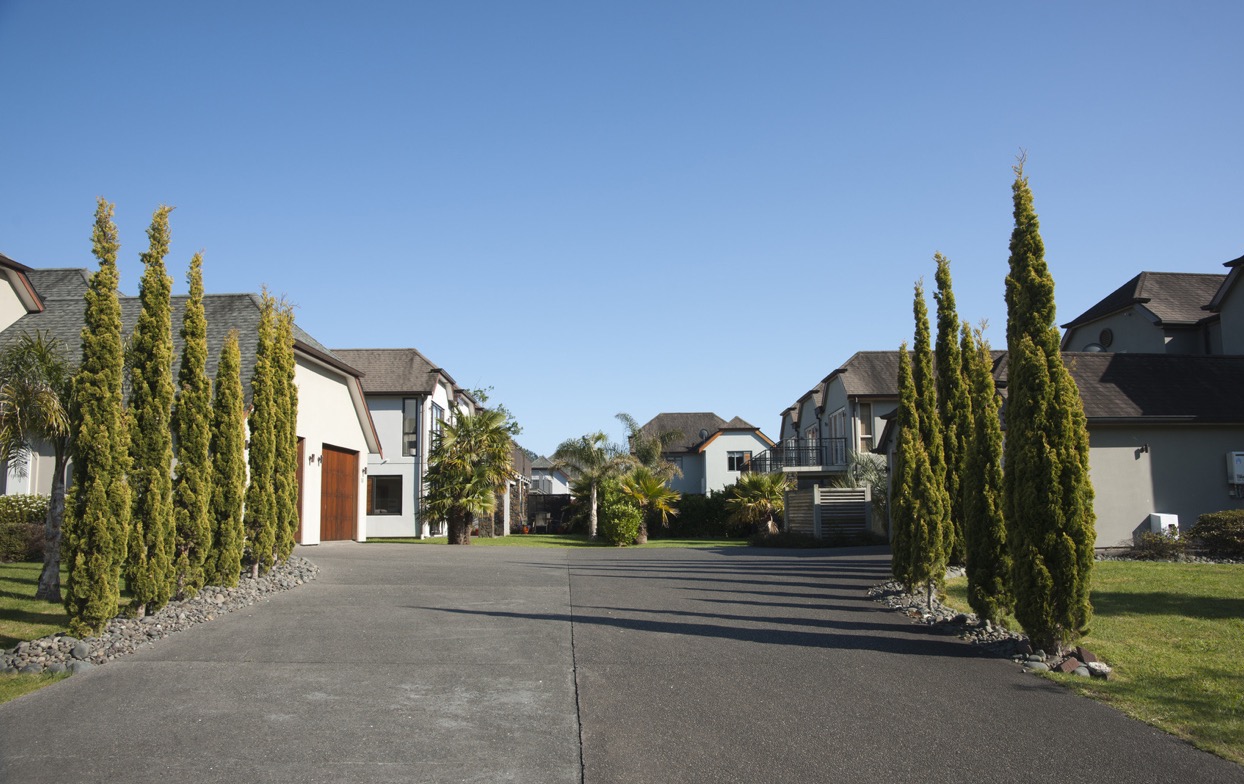
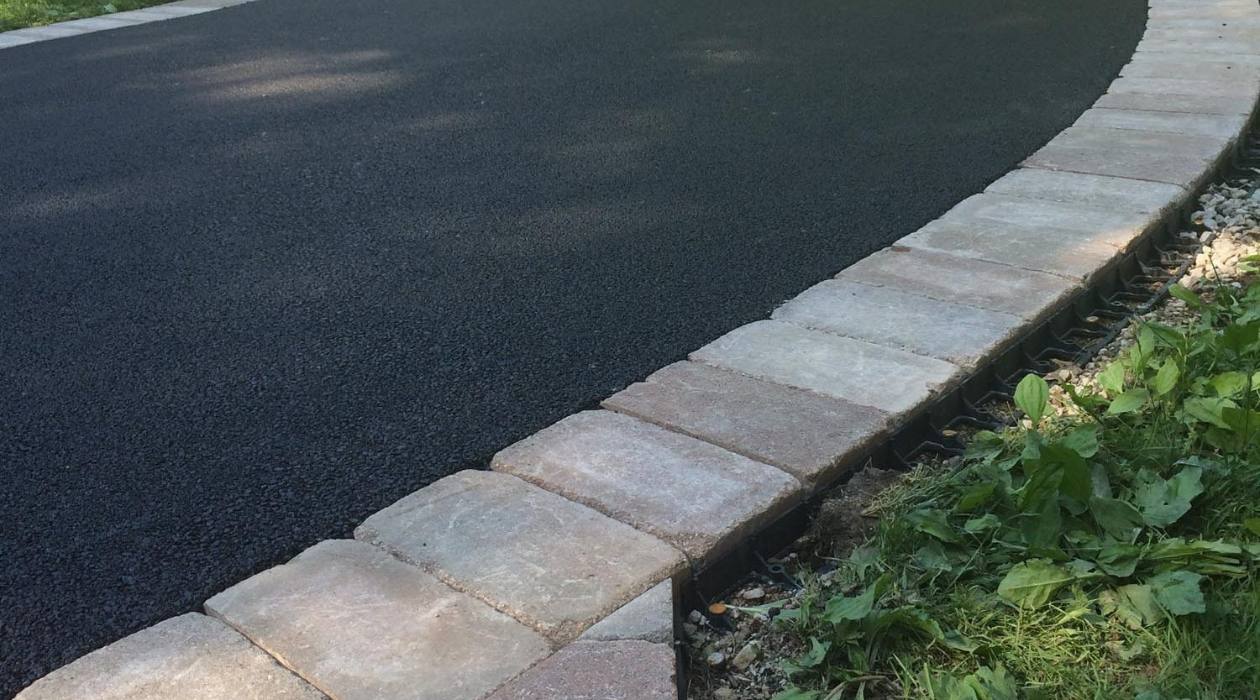
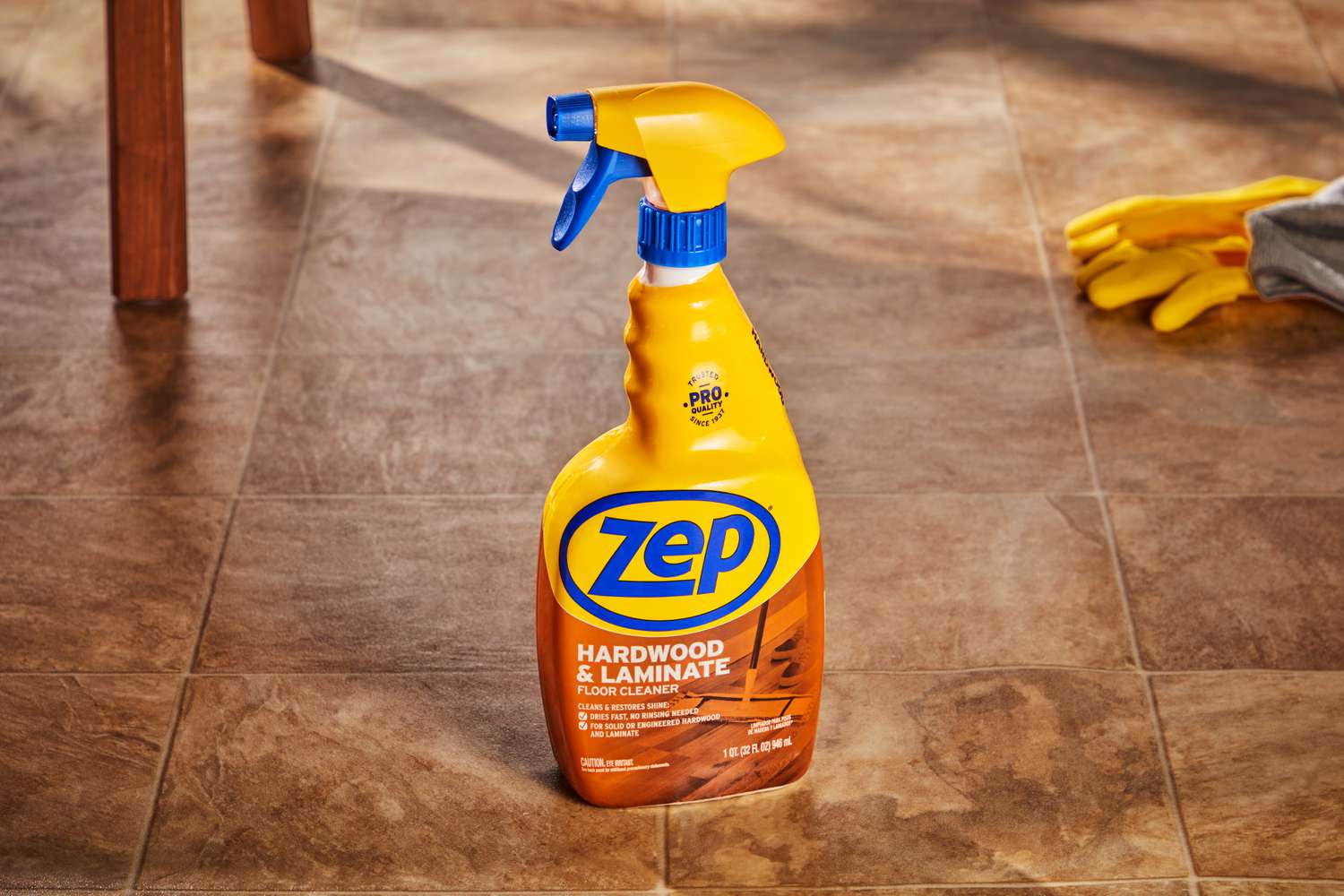
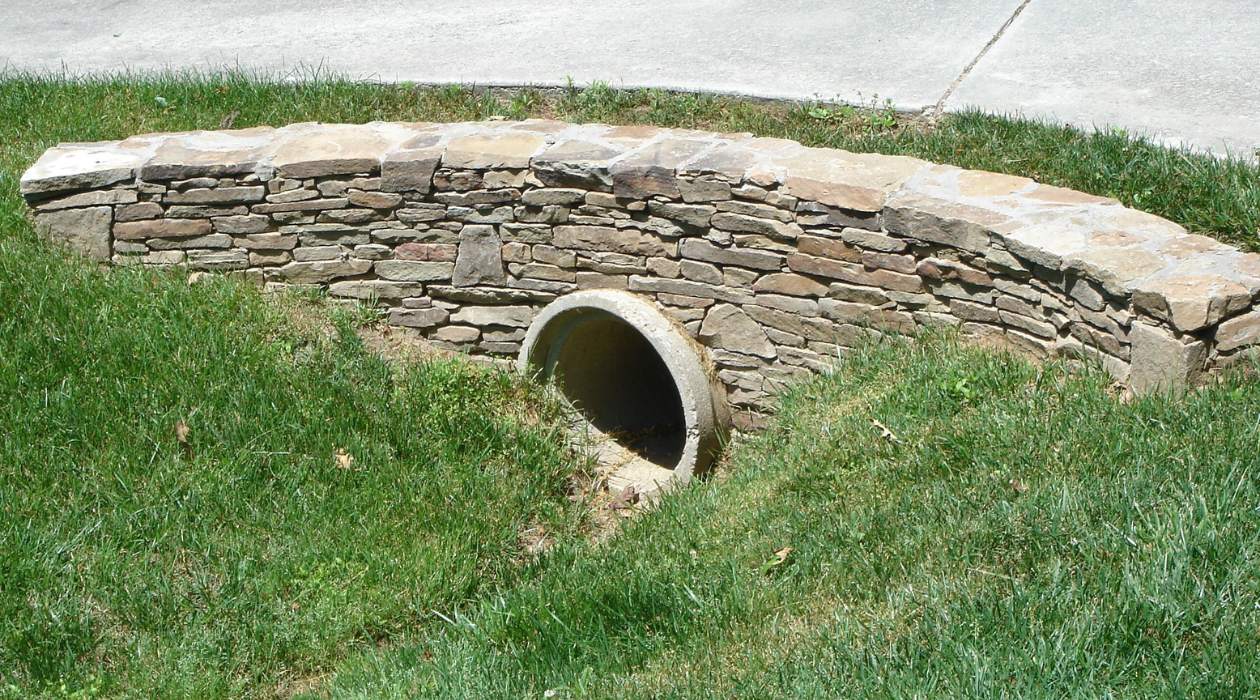
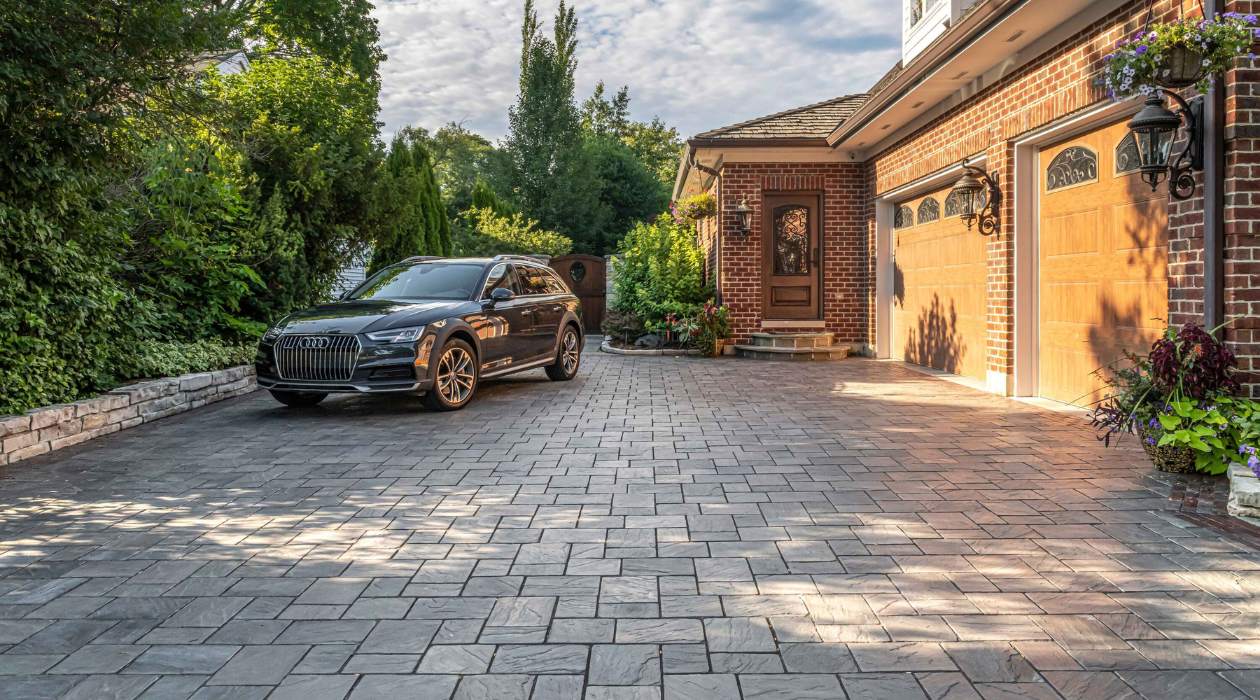
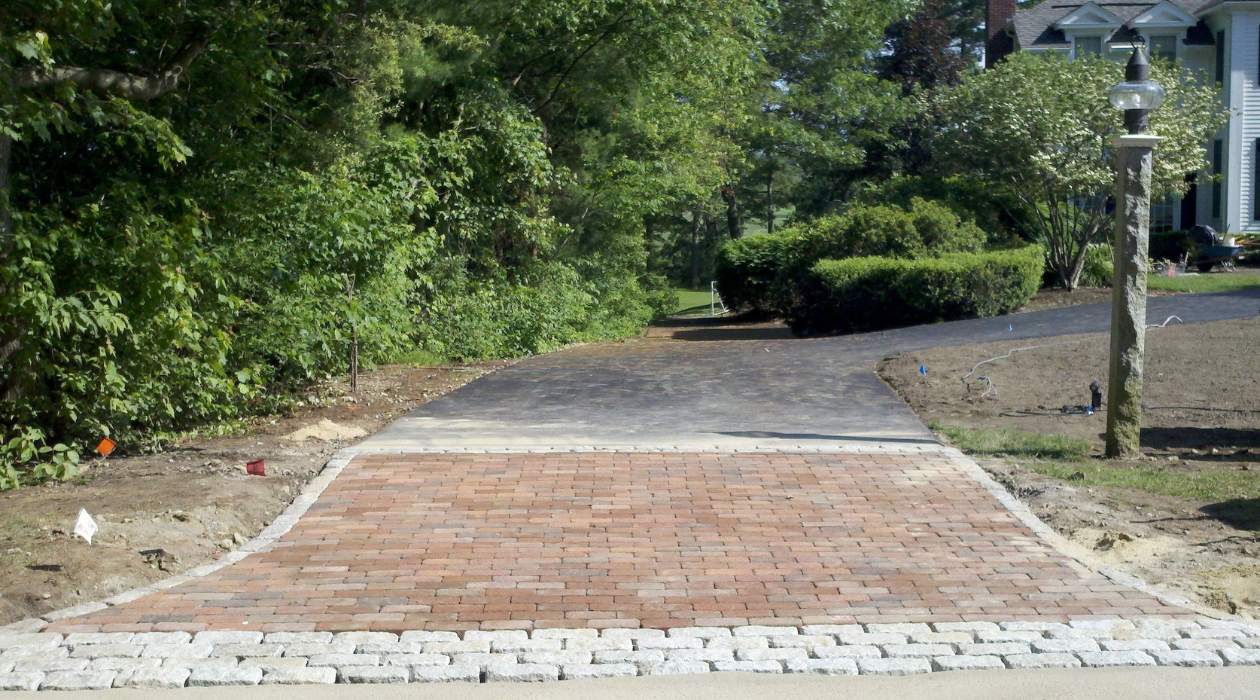

0 thoughts on “What Is The Best Driveway Material”